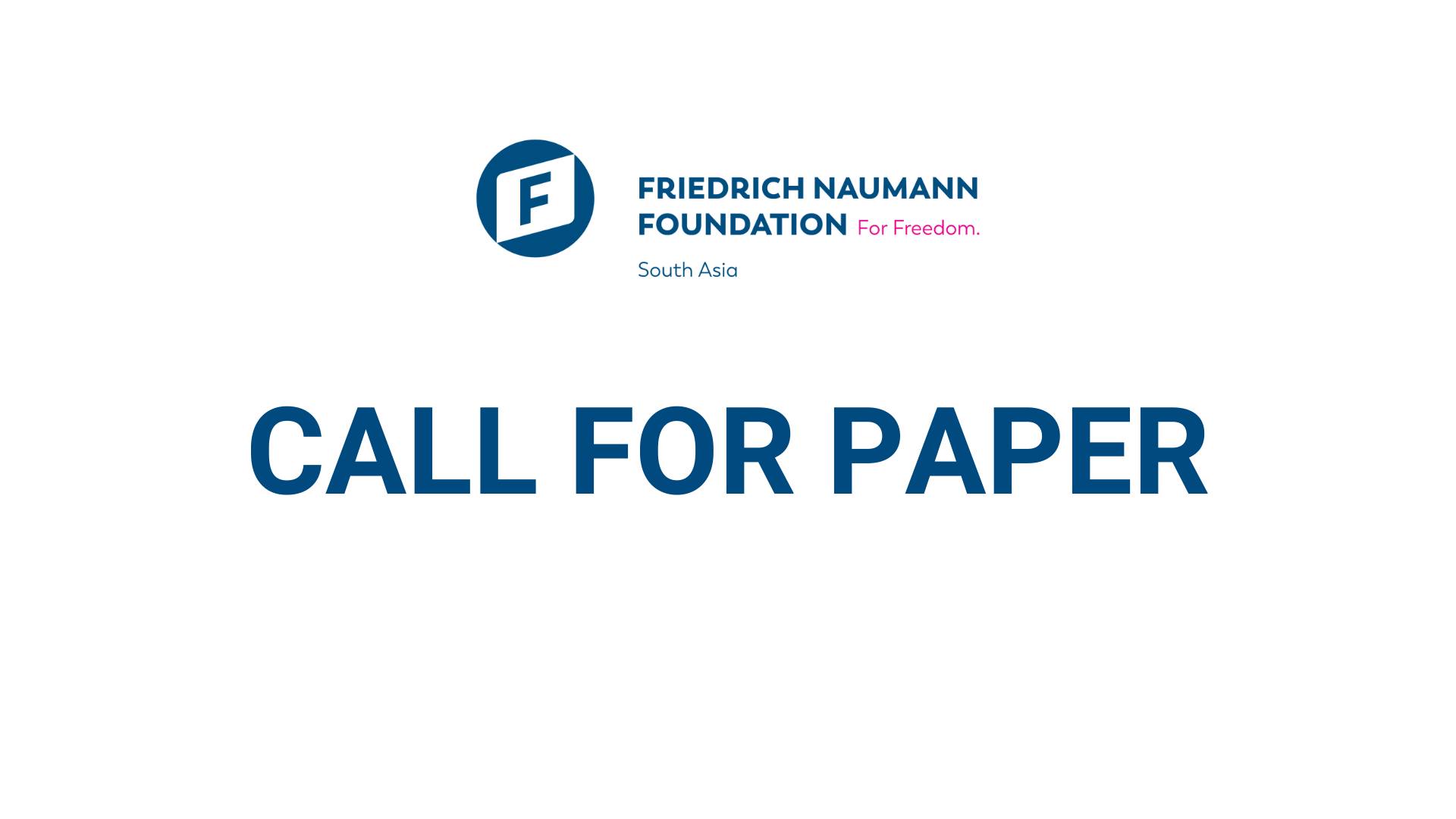Call for Paper
Protecting the Rights of LGBTQIA+ Persons in South Asia through the International Human Rights Framework

Background
The Universal Declaration of Human Rights mandates states to protect and safeguard the rights of LGBTQIA+ persons. However, many nations have not fulfilled this responsibility. South Asian countries are currently at a critical juncture. While a few nations in the region have made significant strides in expanding LGBTQIA+ rights over the past five years — such as India's decriminalization of homosexuality and Nepal's landmark 2023 Supreme Court decision on marriage equality — substantial work remains to be done to ensure full equality and protection for all LGBTQIA+ individuals in the region.
Project Scope
This call for proposals seeks to advance the understanding of the international human rights framework concerning LGBTQIA+ rights across South Asia. The paper should focus on leveraging recent legal advancements and addressing persistent challenges while implementing the international human rights framework in the context of South Asia. It should also explore how international human rights frameworks can further foster and advance LGBTQIA+ rights in South Asia. Additionally, it should examine the potential role of multilateral or supranational organizations, such as the EU, in supporting the LGBTQIA+ movement in South Asia.
Requirements
Applicants should demonstrate a strong understanding of human rights frameworks, particularly in relation to LGBTQIA+ rights, and have experience in conducting research or implementing initiatives in South Asia. Relevant expertise may include legal analysis of human rights issues, advocacy for LGBTQIA+ rights, engagement with multilateral organizations, or experience in comparative regional studies. Proposals should clearly outline methodologies for exploring the impact of international frameworks on LGBTQIA+ rights in South Asia and strategies for engaging with multilateral stakeholders to advance these rights.
Prescribed Style
- The targeted length of the paper is up to 7000 words excluding references. Submissions should adhere to academic standards, incorporating relevant citations, empirical evidence, and analytical rigor.
- FNF will provide the authors with a template for the policy paper to follow.
- FNF follows in-text citation and Harvard Referencing Style.
- Use footnotes whenever relevant.
How to Apply
Scholars, academicians, and practitioners are encouraged to submit their proposal, CV, and expected remuneration to tashi.tsheten@fnfsouthasia.org by 15 July 2024.
Only shortlisted authors will be contacted.